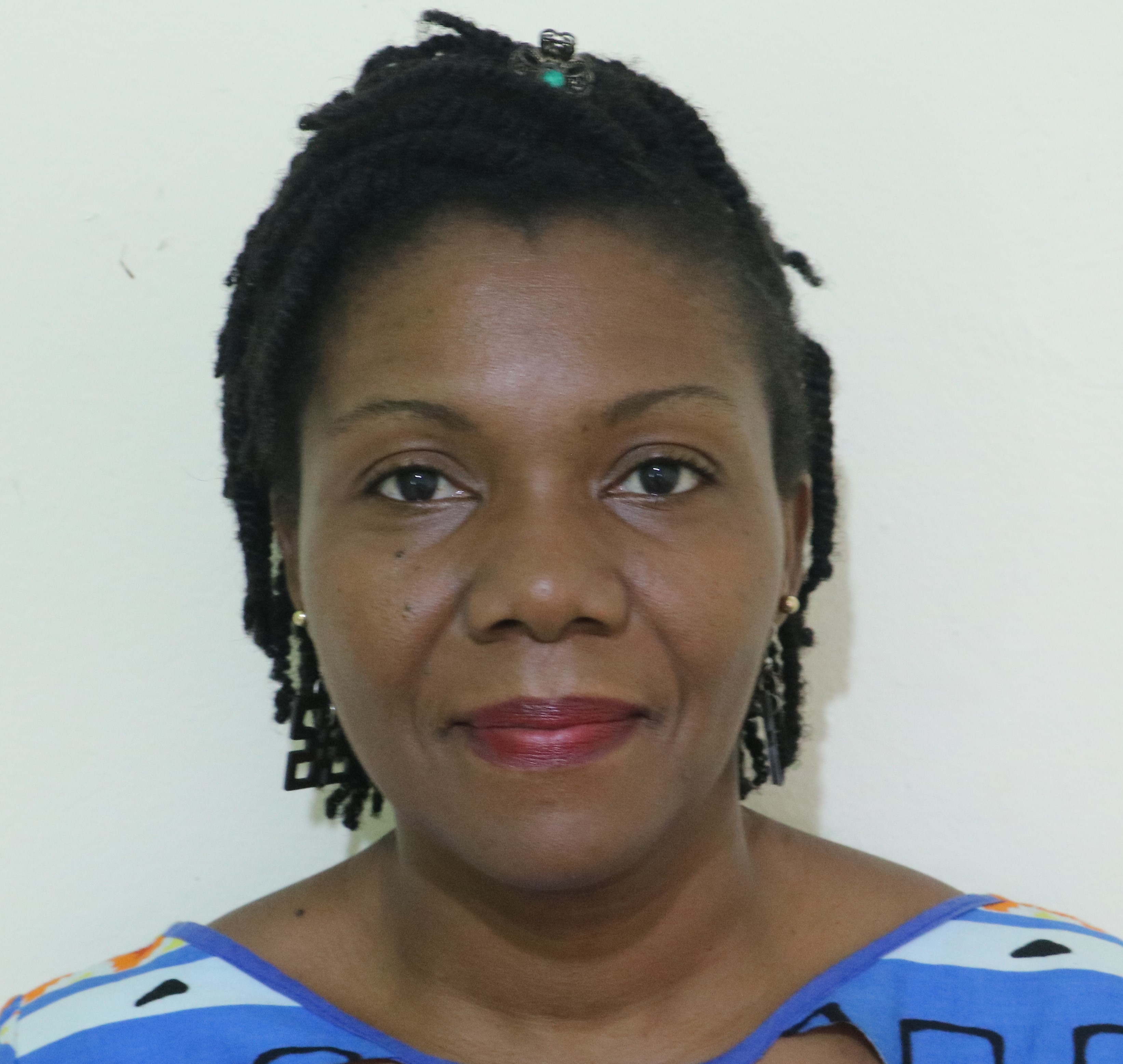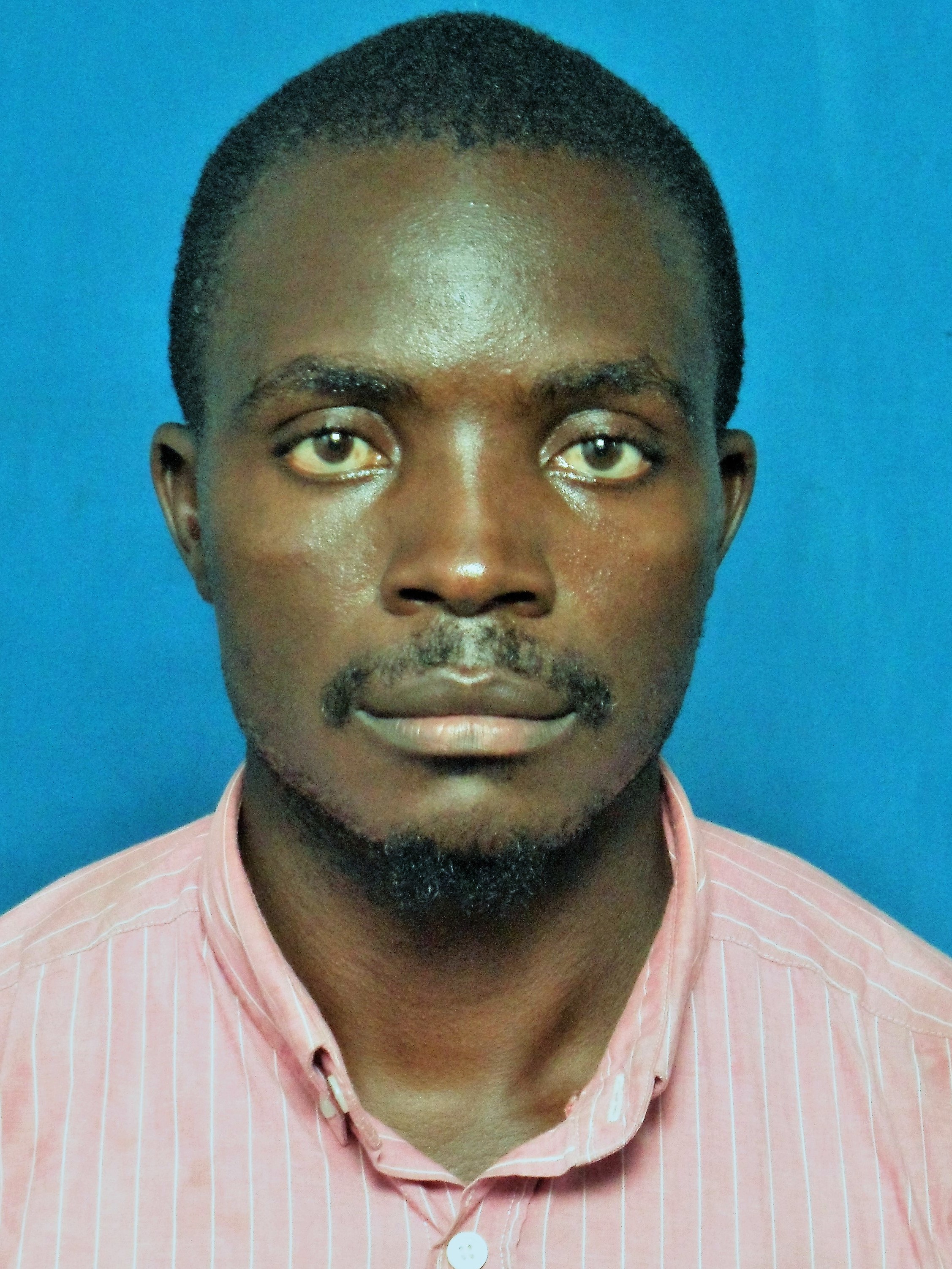

Mr
Helena Lamptey
Project Title
Determining the Role of Fc gamma Receptor (FCGR) gene polymorphisms in HIV infection progression and treatment outcomes in Ghanaian Adults Using Next Generation Sequencing (FCGR-HIV)
EDCTP Project
TMA2018PF-2535
EDCTP Program
EDCTP2
EDCTP Project Call
EDCTP-AREF Preparatory Fellowships (PF)
Project Objectives
The main objective of the fellowship is to build capacity and strengthen competence in the field of HIV immunology. Specific objectives of the fellowship is to 1. To genotype FcγRIIa, FcγRIIb, FcγRIIc, FcγRIIIa and FcγRIIIb SNPs and copy number variants associated with HIV infection and treatment outcomes. 2. To measure the reservoir size of the patients. 3. To evaluate virological and immunological biomarkers of the HIV-1 latent reservoir.
Study Design
Cross sectional study
Project Summary
During HIV infection the host immune system elicits antibodies to control the virus. Depending on receptor type, Fc Gamma Receptors (FcγR) can regulate immunity by causing cell activation or inhibition in response to infections. There are differences in HIV infection progression and treatment outcomes among different patients. One of the factors hypothesized to be the cause of these differences is FCGR polymorphisms. Genetic variations that occur in FCGR genes such as Copy Number Variations (CNV) and Single Nucleotide Polymorphisms (SNPs) have been shown to affect Fc-mediated effector functions. These variations could modify FcR expression and IgG isotype binding, which would affect HIV infection risk and disease progression. Although the burden of HIV in Africa is high, data is lacking on the effect of FCGR polymorphisms on HIV disease progression and antiretroviral therapy (ART) response in African populations. Therefore, it is important to determine the impact of host FCGR polymorphisms on HIV infection progression and ART response in the Ghanaian population.
Host Organisation
| Department | Institution | Country |
|---|---|---|
| Amsterdam University Medical Centre | Department of Experimental Biology | Netherlands |

